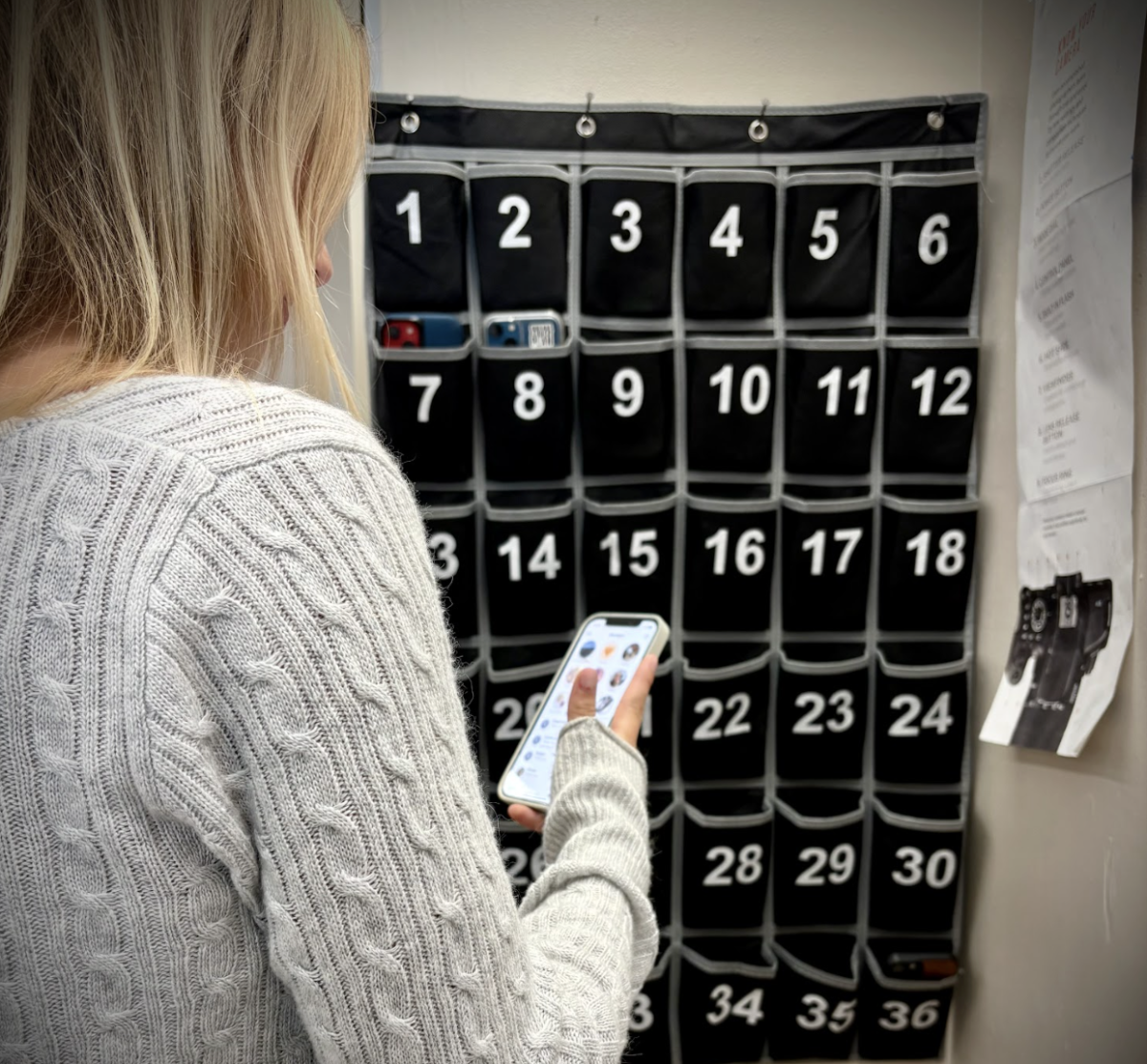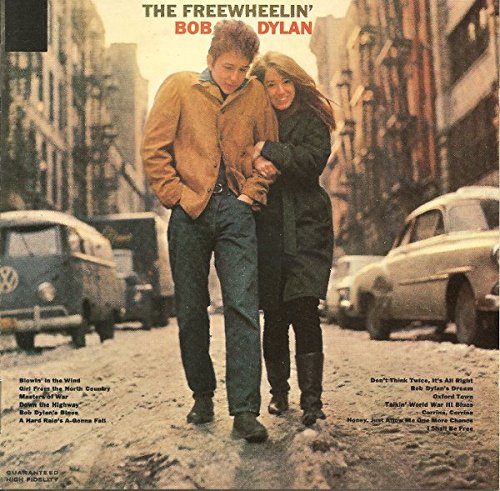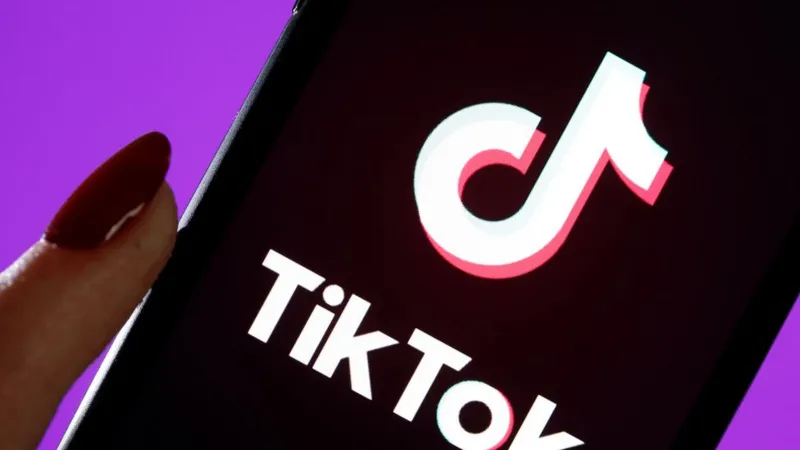A bill proposed by the House of Representatives’ Energy and Commerce Committee on March 7 would force TikTok’s Chinese parent company, ByteDance, to sell their popular app within 6 months or face permanent prohibition in the U.S based on concerns of national security.
The bipartisan bill advanced unanimously out of the committee and has now passed through the House in a 352 – 65 vote with a near even split between Republicans and Democrats. While the bill faces an uncertain future in the Senate, President Joe Biden has said he would sign the legislation if it made it to his desk.
What sets the bill apart is that it’s not a definite ban. It gives ByteDance a choice: sell within six months outside Chinese control or cause TikTok to lose the American market. Lawmakers have put strong emphasis on the fact that it is about national security and that TikTok’s potential connections to the Chinese government are of major concern.
For those in favor of the bill, the main concern is national security, especially the idea of a foreign power and potential adversary, China, controlling U.S user data. The additional concern is that TikTok’s algorithms could be deliberately tuned to spread misinformation to Americans. For those not in favor of the bill, the key argument is that U.S social media platforms are just as much a liability in data buying and selling as foreign-controlled apps.
In response to the bill, TikTok sent a notification urging users to call their representative and push to “stop a TikTok shutdown.” The popup had a place to enter a zip code to find the nearest representative and would give users the option to call. Congressional offices have reported being contacted by countless children over the matter. Some users reported having to place a call before being allowed to use the app.
TikTok has also published several responses to both social media and in the news to a similar (or in some cases, identical) end as the in-app prompt. Congress leaders have responded with an in-depth explanation of the details of the bill, and a TikTok spokesperson replied, saying it was, “100% categorically false.”
Notable points made by a Congress spokesperson were that the bill is not an outright ban and has a comfortable sell period of just under six months. The bill has been deliberately crafted to avoid a ban if ByteDance puts in reasonable effort.
Back in 2020, an effort was made to move much of U.S users’ data to U.S servers under the American tech giant Oracle and aided by Walmart. This push was an attempt to evade a ban, proposed by Trump, but both the ban and data deal were held up by an ensuing legal battle concerning the morality of the order. The ban, while similar in basic nature to the current bill, was only 45 days long and gave very little opportunity for ByteDance to sell. After Biden came into office, the executive order was revoked for security review, and the deal with Oracle fell through.
In 2022, Congress banned TikTok on all government issued devices, and the U.S military had already prohibited it years earlier.
TikTok’s American future is uncertain, and TikTok is seeming to make a strong effort to demonstrate its claimed solidarity away from the Chinese government, but only time will tell how the international sensation will fair the scrutiny of the U.S government.

































Anonymous • Mar 25, 2024 at 12:27 am
“let’s fill all political seats with old people who are paid off by big companies on the daily, nothing bad will happen!”